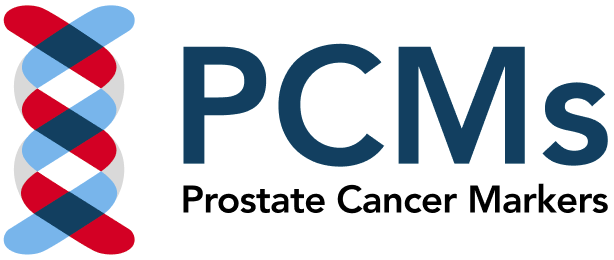What Is PROSTest?
PROSTest is a liquid biopsy that analyzes gene activity in a simple whole-blood sample to accurately detect prostate cancer.
Who should consider PROSTest?
PROSTest is recommended for:
-
Men with elevated PSA or abnormal DRE results
-
Individuals considering or avoiding prostate biopsy
-
Men undergoing active surveillance for known prostate cancer
-
Patients post-treatment (surgery, radiation) for monitoring recurrence
-
Individuals at high risk for prostate cancer due to age, race, or family history
Key Benefits
- High accuracy: 94% sensitivity, 88% specificity in U.S. validation studies
- Non-invasive: Requires only a blood sample
- No special preparation: No fasting, no DRE, no urine collection
- Applicable across all stages: Effective from initial detection to post-treatment monitoring
- Equally accurate in Black men and other high-risk groups
Understanding your PROSTest Results
Your PROSTest report will include a score between 0 and 100 that reflects the likelihood of prostate cancer based on your unique blood gene expression profile.
Here’s how to interpret the result:
If your score is below 50%: Low likelihood of prostate cancer at the time of testing. Your doctor may recommend continued monitoring, especially if you have other risk factors.
If your score is 50% or higher: Indicates a higher likelihood of prostate cancer. Your doctor may use this result to help guide decisions around imaging, biopsy, or other diagnostic steps.
See a sample PROSTest report and learn more about how to interpret it. Please note that PROSTest is not a standalone diagnostic tool. It is designed to support, not replace, clinical judgment.
Your doctor will consider your PROSTest score alongside other factors like PSA level, digital rectal exam (DRE), family history, age, and previous biopsy results.
Your healthcare provider will explain what your score means and discuss next steps with you, which may include:
-
Further diagnostic imaging
-
A follow-up blood test to monitor changes
-
Biopsy (if deemed appropriate)
-
Continued active surveillance
If you have questions about your results, WrenCare™ support specialists are also available to help guide you. Learn more at WrenCare.
Learn More
PROSTest represents a major step forward in prostate cancer care — enabling earlier, more accurate detection with less discomfort and fewer unnecessary procedures.
Learn more at wrenlaboratories.com
Questions? Contact Wren Laboratories

